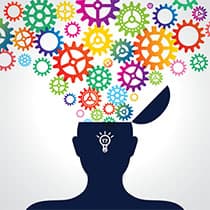Our next course or workshop could change your life
Our next course or workshop could change your life
What is NLP? – NLP Explained.
NLP…
- contains the most accessible, positive and useful aspects of modern psychology.
- offers a truly powerful way to create positive and achievable goals for yourself.
- gives you the tools to achieve the goals you have set for yourself
- can help you get what you want!

Neuro Linguistic Programming (NLP) explains the relationship between how we think (neuro), how we communicate verbally and non-verbally (linguistic) and our patterns of behaviour and emotion (programmes).
Let’s take a look at NLP.
Neuro-Linguistic Programming is a highly effective methodology for modelling excellence and creating change. It is based on the principle that all behaviour has a structure and that this structure can be identified, learned and adapted to create specific outcomes. NLP is the study of these patterns and is designed to add flexibility, which leads in turn to more effective choices becoming available in your life. More choice = better results.
Using NLP you can have what you want!
Some background history
Developed by Richard Bandler and John Grinder in the 1970s NLP continues to be a growing and evolving field. Bandler and Grinder looked at the top therapists of the time, people such as Milton Erickson, Fritz Perls and Virginia Satir and asked themselves the simple question, these people were undoubtedly extremely good at what they were doing, but why? Could there possibly be a way of not just understanding what they were doing, but also at a deeper level how?
This opened the door to the concept of modelling people and trying to understand what it is about the internal process that someone is going through that makes its way to the ‘surface’ and is expressed in their behaviour, i.e. in what they are doing. Over the years this modelling technique has been applied to many great communicators and added to the body of knowledge that is what we know of as NLP today.
These models spawned a host of techniques that underpin NLP, from anchoring to modality work, which enables people to understand what is happening ‘under the hood’ and quickly, easily and effectively change thoughts, behaviours and beliefs which previously may have felt inaccessible or fixed in some way.

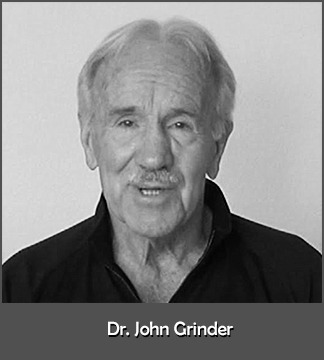
So what is NLP?
“NLP is how to use the language of the mind to consistently achieve our specific and desired outcomes.”
Have you seen what has happened to technology lately? Everything has just advanced in leaps and bounds. For example, I bought a new TV recently. To me, a TV is a box that shows me TV programs. Not anymore!
This TV has internet, youtube, video streaming and a host of other features. Like most people I played with the options and left it at that. Then one day I discovered it had a really simple online manual and realised there was a lot of other things it could also do. The main one I found is that to set up Skype and talk to my family around the world was just a couple of button clicks. It’s like having a window into their homes and into mine. It’s no exaggeration to say it feels like the future suddenly rushed at me and plonked itself in my living room.
Now imagine what would have happened if I’d turned to the manual in the first place.
I would have been using all these amazing features right from the beginning rather than struggling with laptops, mobiles and tablets to do what I wanted.
NLP – a manual for your mind.
Now just imagine that there’s a manual for your mind. What hidden features would you find accessible? What controls could you utilise for tweaking your performance?
Well, the thing is that NLP is kind of a manual for the mind. NLP studies the structure of how people think and communicate, how ideas are represented and expressed. How we hold values and beliefs and how all of this drives our behaviours.
Now think about having access to this manual and being able to make changes and tweaks, to fine tune yourself and express yourself with clarity and be clearly understood. Sounds great, doesn’t it!
Of course, it’s not about turning dials or adjusting sliders but it is about having an understanding of what happens internally to our thoughts and feelings and being able, with this knowledge, to set up an outcome that may be vastly more desirable than the outcomes we currently achieve.
For example, changing a habit, be it a physical habit or a mental one, becomes easy once we understand the mechanisms that install and drive a habit.
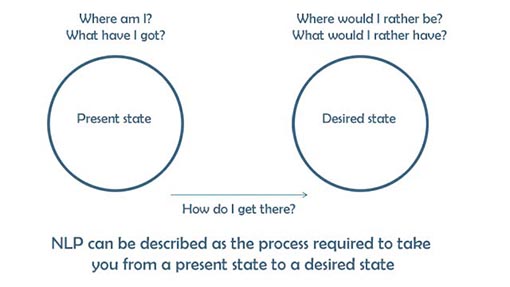
How does NLP do this?
I talked earlier about modelling. The idea of being able to look at the structure of how someone does something and therefore gain an understanding of why they are so good at what they do. Here’s a thought. If we can understand the structure of what someone is doing wouldn’t it be possible to adopt the same structure and therefore gain similar results?
What if we broke the structure down into easily understood and targeted pieces? Wouldn’t adopting one of these pieces and applying it to our own endeavours increase our own efficacy?
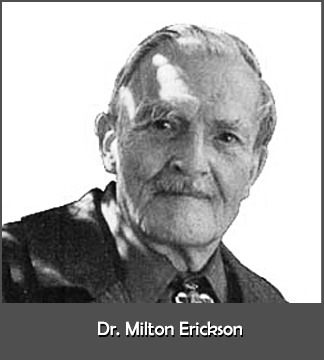
We can with NLP.
This is because we work with the framework of things, the representations.
Once we understand how an individual is processing information in their own unique way and how it is happening for them we can understand what is driving their behaviour. The behaviour can be the outcome of many different thought processes that occur at the unconscious level.
So to make a positive change for a person we don’t try and target changing any undesired behaviour directly, rather we target changing what is driving this behaviour and hence the behaviour itself will change.
This is quite a different approach to many other kinds of therapy which involve someone trying to consciously change the behaviour itself, something that is very difficult to do. Instead, we focus on what drives the behaviour and change those to change the final outcome.
The lineage of NLP
NLP may come across as something quite modern, and many aspects of it certainly are. However, it has grown from a long lineage of human development and psychological thought.
Some examples of the lineage of NLP include a thing called the metamodel. These are a set of language patterns derived from the work Virginia Satir did in the field of family therapy. Karl Jung’s ideas about metaprograms and how they are one of the unconscious filters of the human mind are concepts he developed and wrote about in his book “Psychological Types” (1921). His ideas are used within NLP to great effect.
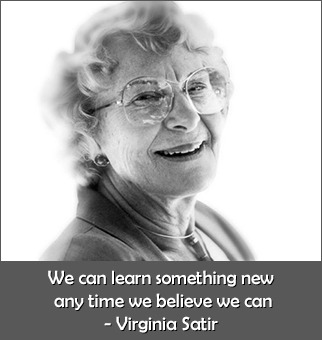
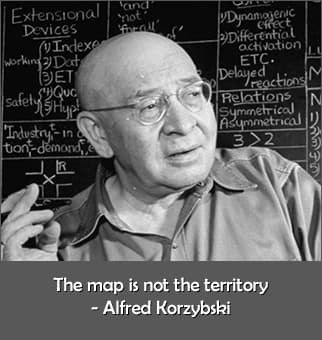
One of the key assumptions in the world of NLP comes from Alfred Korzybski and his book “Science and Sanity” (1933).
He stated that “The Map is not the territory”. To put simply, the words we use are not the event that they describe rather they are just a perception of it.
An interesting take on how we think about the world around us.
So we can see that NLP has in fact grown from a long line of psychological thinking.
But the story does not end there. Even today NLP is being developed further with the latest psychological thinking.
I guess the old saying holds true, there is no limit to the imagination.
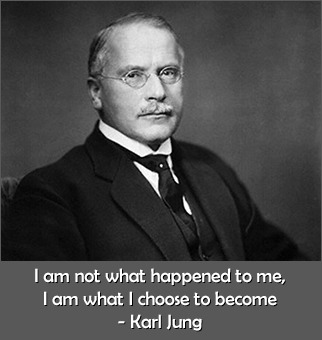
Applying the art and science of NLP allows you to increase your choices over how and what you think, feel and do. Applying the principles and tools leads to better communication, better decision making and better outcomes!
So, what is NLP?
As we can see, NLP is a lot of things. It has come together from the thinking of a lot of very talented people. Whilst NLP is about techniques and process it is also about attitude and is very much about a sense of curiosity.
NLP is all about creating positive and lasting change.
To me I’d try and capture all of this in one simple statement that works for me, and for me……..
I’d say that NLP is a roadmap for success!

To find out about the application of NLP across all walks of life then please have a look at our articles linked below.
Sign up for our newsletter and receive a free eBook '15 tips for immediate results'
Signup to our newsletter for the latest news and articles.
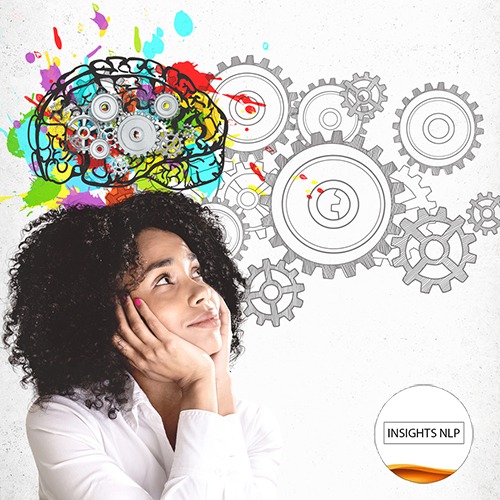
Signup and receive your free eBook '15 tips for immediate results'
CONTACT
Mobile: +62 (0) 812 3895 2053
Email: info@insightsnlp.com
Web: www.insightsnlp.com
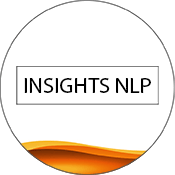
Brought to you by
PT Suka Sari Events
MOBILE VIEW
CONTACT
Mobile: +62 (0) 812 3895 2053
Email: info@insightsnlp.com
Web: www.insightsnlp.com
Text us via SMS
+62 (0) 812 3895 2053



